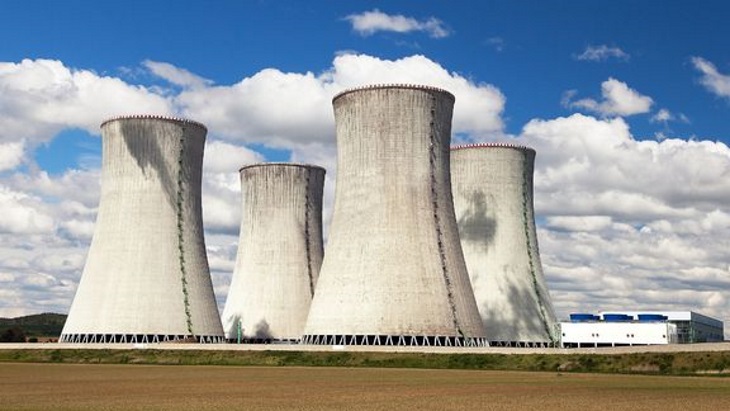The government signed a framework agreement on the construction of the new unit with utility ČEZ and project company Elektrarna Dukovany II in July. That agreement aims for ČEZ to hold a tender for the reactor supplier, negotiate a contract and receive all the required licences by 2024, so that the unit can be put into operation in 2036. The government has agreed to provide guarantees for any political or legislative risks the project may face.
Daniel Beneš, CEO of ČEZ Group, said in a ministry statement: "We were counting on the tender to be initiated by the end of this year. Of course, the security requirements of the state that we have received are incorporated into the tender. From a technical and business point of view, it is more or less ready. The geopolitical aspect must be defined by political representation. However, we do not have much time to meet climate targets and ensure sufficient electricity in the future."
The four options under consideration are: all five of the currently interested bidders will be invited to participate in the tender; three of the bidders, excluding Russian and Chinese firms, will be invited; postpone the selection procedure until after parliamentary elections next year; the ‘3+2 model’, whereby Russia and China would be allowed to take part in a supplier consortia, while the remaining members would be EU and Nato countries.
Deputy Prime Minister and Minister of Industry, Trade and Transport Karel Havlíček said the fourth option was the Standing Committee's preference.
"It is an option where we would not throw the baby out with the bathwater, we would secure a competitive tender, we would be able to reduce the price and at the same time protect the state’s security interests," he told Czech news agency CTK.
In the ministry statement, he said this, the 3+2 model, was "the most affordable option".
"It is a way of securing a competitive tender; we would be able to lower the price and at the same time protect the security interests of the state," he said.
The Standing Committee also examined the so-called pre-notification negotiations with the European Commission and the model for financing a new nuclear power resource under Government Resolution 755 of 20 July. It also discussed the preparation of the support mechanism under the draft law on the transition of the Czech Republic to low-carbon energy, which is now being debated by the Chamber of Deputies. The legislation addresses the event of market failure, and is essential therefore for the construction of new nuclear units, the ministry said.
In the same statement, Prime Minister Andrej Babiš said nuclear energy is of key importance for ensuring the self-sufficiency and energy security of the country.
"It is therefore clear that a common position must be found between the government and the Opposition on how to ensure the security interests of the state and the interests of citizens when choosing a supplier of a new nuclear power resource in Dukovany. This is a basic condition for the success of the whole project, for which our government is doing its utmost," he said.
The five companies reportedly interested in building new nuclear units in the Czech Republic are China General Nuclear, EDF, Korea Hydro & Nuclear Power, Rosatom and Westinghouse.





_30199.jpg)
_72306.jpg)

_49562.jpg)





